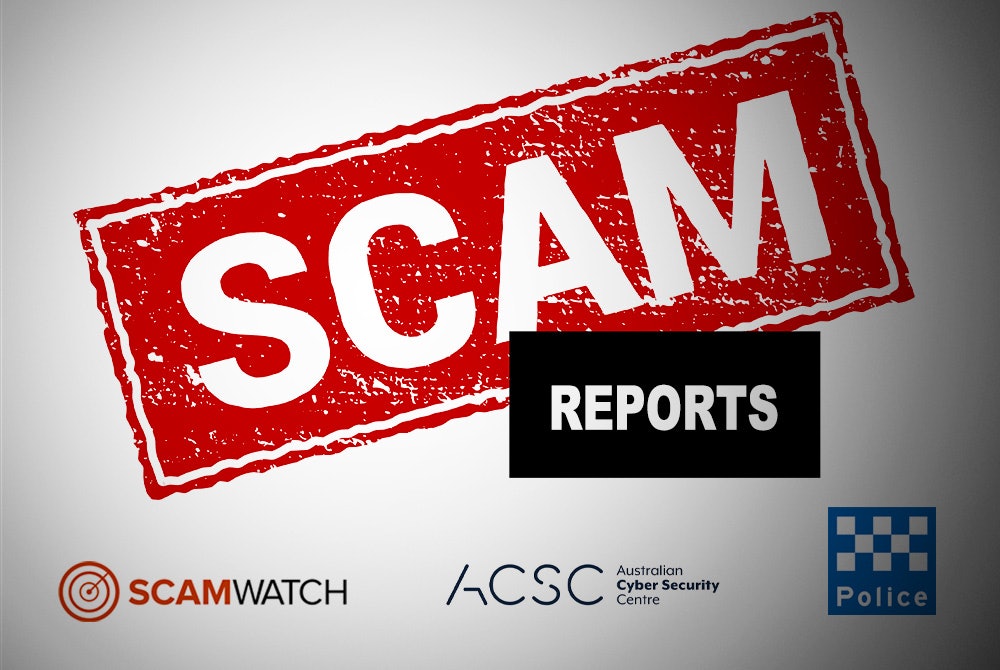The “Iran Charter” is a concept that often surfaces in discussions خرید بلیط هواپیما about Iran’s political evolution, diplomatic engagement, and efforts at reform. It refers to a framework or set of principles aimed at reshaping the country’s political, economic, and social landscape in a way that balances internal reforms with its positioning in the global community. Although the term itself is not universally defined, it encapsulates various initiatives that strive for a comprehensive understanding of Iran’s future direction, both domestically and in terms of foreign policy.
The Origins of the Iran Charter
The idea of an Iran Charter has evolved over the years as Iran grapples with internal challenges and the complex dynamics of international relations. In the context of reform movements, the term began to be used by political figures and groups within Iran who sought to address the demands for greater civil liberties, political transparency, and economic modernization, all while retaining Iran’s unique cultural and religious identity.
The most significant usage of the term “Charter” was seen during the presidency of Hassan Rouhani (2013–2021), when his government introduced various initiatives aimed at revitalizing the nation’s political discourse. While Rouhani’s administration pursued diplomacy with the West, particularly through the landmark 2015 Joint Comprehensive Plan of Action (JCPOA) nuclear deal, it also emphasized domestic reforms, such as improving governance and providing greater public engagement in politics. In this sense, the “Iran Charter” can be seen as a symbol of these aspirations for reform.
Key Principles of the Iran Charter
The Iran Charter concept is often shaped by three broad principles:
- Political Reform and Inclusivity: One of the major demands for reform in Iran has been the expansion of democratic practices and participation. The Charter advocates for greater political pluralism, transparency in elections, and freedom of expression. The push for allowing more diverse voices within the political sphere is crucial, as the country has a long history of political polarization and limited opposition representation.
- Economic Modernization and Development: Iran has long faced economic challenges, particularly due to sanctions and internal inefficiencies. A key component of the Charter involves diversifying Iran’s economy away from its reliance on oil exports. This includes supporting the development of industries like technology, renewable energy, and healthcare. The Charter emphasizes creating job opportunities for the youth and promoting a more dynamic and self-sustaining economy.
- Diplomatic Engagement and Global Positioning: Iran’s role on the global stage is a delicate balance of asserting its sovereignty and pursuing diplomatic ties. The Iran Charter underscores the importance of peaceful coexistence with other nations, promoting constructive dialogues with Western countries, and participating in regional diplomacy. A central aspect of this principle is managing Iran’s relationships with neighbors and allies while navigating its complex relationship with the United States and the European Union.
The Challenges in Implementing the Iran Charter
Implementing the principles of the Iran Charter is not without challenges. Iran’s political system is characterized by a balance of power between elected officials and the unelected religious leadership, led by the Supreme Leader. This division often leads to tensions between reformists and hardliners, hindering the full realization of the proposed reforms. Furthermore, the Iranian political system is deeply influenced by the Islamic Revolutionary Guard Corps (IRGC), which has substantial sway over both economic and military affairs.
Internationally, the Iran Charter faces resistance due to geopolitical tensions, particularly in the context of the United States’ sanctions regime and the ongoing nuclear talks. The 2015 nuclear deal marked a temporary thaw in relations with the West, but the U.S. withdrawal from the deal in 2018 and the subsequent re-imposition of sanctions undermined some of the progress made toward diplomatic normalization. Iran’s relations with its neighbors in the Middle East also remain complicated, especially with countries like Saudi Arabia and Israel.
The Iran Charter’s Impact on Iranian Society
Despite the numerous obstacles, the Iran Charter has had a profound impact on Iranian society. Public discourse has increasingly focused on issues of social justice, equality, and individual rights. The younger generation, in particular, has been at the forefront of advocating for greater freedoms and opportunities. Women’s rights, in particular, have become a central issue, with many activists pushing for expanded rights in education, employment, and personal freedoms.
In response to these calls for change, the Iranian government has occasionally taken steps to address these concerns. While progress may seem slow or halting, the increasing involvement of citizens in political and social movements signals a growing desire for reform and a more open society.
Looking Forward: The Future of the Iran Charter
The future of the Iran Charter is still uncertain. On one hand, it represents a vision for a more democratic and economically prosperous Iran, deeply engaged in global diplomacy. On the other hand, it faces significant hurdles, both internal and external, that may slow or derail its implementation. The political landscape in Iran is ever-changing, and the success of any reformist agenda depends on the ability to navigate complex power dynamics and international pressures.
For the Iran Charter to succeed, it will require sustained efforts at reform, cooperation among various political factions, and an open dialogue with the international community. While challenges abound, the Charter remains a symbol of Iran’s aspirations for a better future—one that balances tradition with progress, and sovereignty with global responsibility.


